HCWH Europe organised an event to enhance the health sector engagement in the process defining the Strategic Approach to International Chemicals Management (SAICM) beyond 2020.
The healthcare sector uses many potentially harmful chemicals, often for very specific purposes such as chemotherapy treatment, specialist medical devices, or sterilisation, but harmful chemicals can be found throughout a wide range of healthcare products. These products and the harmful chemicals they contain can pollute the environment and contribute to hazardous chemical exposures, particularly for healthcare employees and vulnerable groups such as children, pregnant women, and chronically ill patients.
Another health risk stems from the improper use and disposal of chemicals such as disinfectants and pharmaceuticals, which can increase the potential for resistance development or compromise human immune defences. Ignoring these emerging issues of concern is no longer an option for the healthcare sector.
The COVID-19 pandemic has caused a spike in the use of disinfectants and personal protective equipment - this has consequently increased the use of hazardous chemicals and generated an increased amount of toxic waste. During this event, we will hear from experts on both the hazards and solutions that can be found in the healthcare sector, focussing on three types of chemicals commonly used in healthcare:
Disinfectants
Disinfectants are essential to sterilise instruments and prevent cross contamination, outbreak of diseases, and hospital-acquired infections. However, the biocidal active substances that are so effective at disinfecting products, surfaces, and skin also pose a variety of potential hazards to human health and the environment. The improper use of disinfectants can also contribute to antimicrobial resistance (AMR), a significant health threat.
Pharmaceuticals
Pharmaceuticals are the cornerstone of modern medicine, treating or preventing disease. Across their life cycle, however, pharmaceuticals can enter the environment, where they can threaten ecosystems as well as drive the development of AMR. The production, distribution, and disposal of pharmaceuticals also significantly contribute to the healthcare sector’s climate footprint.
Hazardous chemicals in plastics
Plastics have become indispensable within the healthcare sector and facilitate the work of healthcare professionals. As their production is reliant on fossil fuels and produces greenhouse gases, and toxic chemical emissions plastics have a wide-reaching impact at every stage of the plastics’ lifecycle. The overconsumption of plastic also produces high volumes of waste, exerting enormous pressure on the environment and, as a consequence, human health. Plastic products used in healthcare also contain hazardous chemicals that can pose direct health risks to patients and healthcare staff.
Health professionals play a critical role in assessing and treating illnesses from hazardous chemical exposure. According to the WHO, chemicals management is a public health issue and sound management practices can significantly reduce harmful exposure to hazardous substances. The important role of the health sector in the sound management of chemicals is also reinforced by the 2030 Agenda for Sustainable Development.
A circular economy model is needed within the healthcare sector to reduce overall consumption and waste, but also facilitate a shift towards more sustainable, non-toxic, and safer products. Representing 10% of world GDP, the healthcare sector has significant purchasing power, and can therefore play a key role in shifting the economy towards more sustainable chemistry. In line with their healing mission, a growing number of hospitals are eliminating known and suspected hazards and switching to safer alternatives, delivering on their duty of care.
In this event, we:
- Supported the health sector’s contribution to sound chemical management in line with the WHO Chemicals Roadmap
- Enhanced health sector engagement in the SAICM process beyond 2020, providing a platform to address emerging policy issues such as Environmentally Persistent Pharmaceutical Pollutants and Chemicals in Products and other issues of concern in the healthcare sector. This takes place in the context of a delayed adoption of the UN Beyond 2020 framework that should succeed to SAICM whose mandate ended in 2020
- Aligned the SAICM framework beyond 2020 with the objectives and implementation of other multilateral environmental agreements such as the Basel, Rotterdam, and Stockholm Conventions and the Minamata Convention.
Speakers
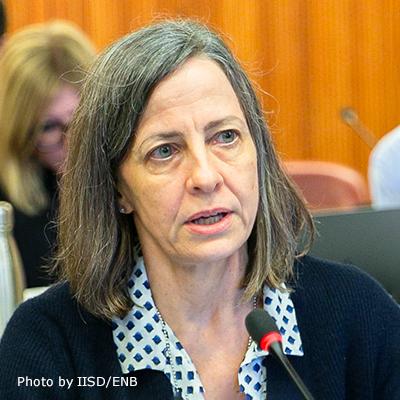
Carolyn Vickers, Head - Chemical Safety and Health Unit, World Health Organization
Carolyn Vickers is Head of the Chemical Safety and Health Unit in the World Health Organization Department of Environment, Climate Change and Health. The Unit coordinates implementation of the WHO Chemicals Road Map, involving global networks of ministries of health, public health institutions, and other stakeholders. The Unit develops WHO norms, guidance, tools, and approaches to support countries in their work to manage chemicals. Prior to joining WHO in 2002, Carolyn held various positions in the Australian government related to the regulation of industrial chemicals, pesticides and occupational health and safety.
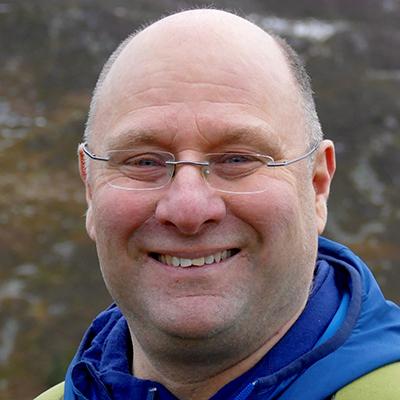
Prof Alistair Boxall, Professor in Environmental Science - University of York, UK
Alistair’s research focuses on understanding emerging and future ecological and health risks posed by chemical contaminants in the natural environment. His team coordinates the Global Monitoring of Pharmaceuticals Project that aims to better understand the extent and drivers of the medicinal contamination of freshwater worldwide. Alistair regularly advises national and international organisations on issues relating to chemical impacts on the environment and has published extensively on the topic of emerging contaminants in the environment.
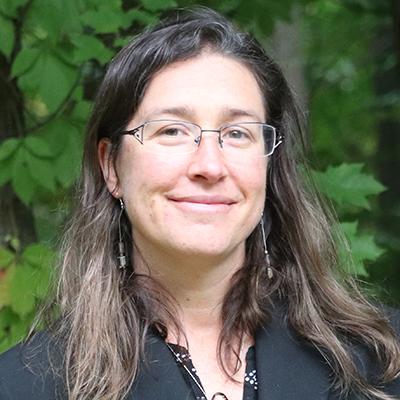
Dr Laura N. Vandenberg, Associate Professor - University of Massachusetts-Amherst, USA
Laura obtained her B.S. from Cornell University in 2003, and her Ph.D. from Tufts University School of Medicine in 2007. She has been a member of the faculty at the UMass School of Public Health and Health Sciences since 2013. Laura’s research explores how early life exposures to chemicals and chemical mixtures can predispose individuals to diseases that manifest later in life, and addresses the impact of low doses of chemicals during critical windows of development. She is specifically interested in endocrine disruptors and co-authored the 2020 IPEN and Endocrine Society's report Plastics, EDCs & health.
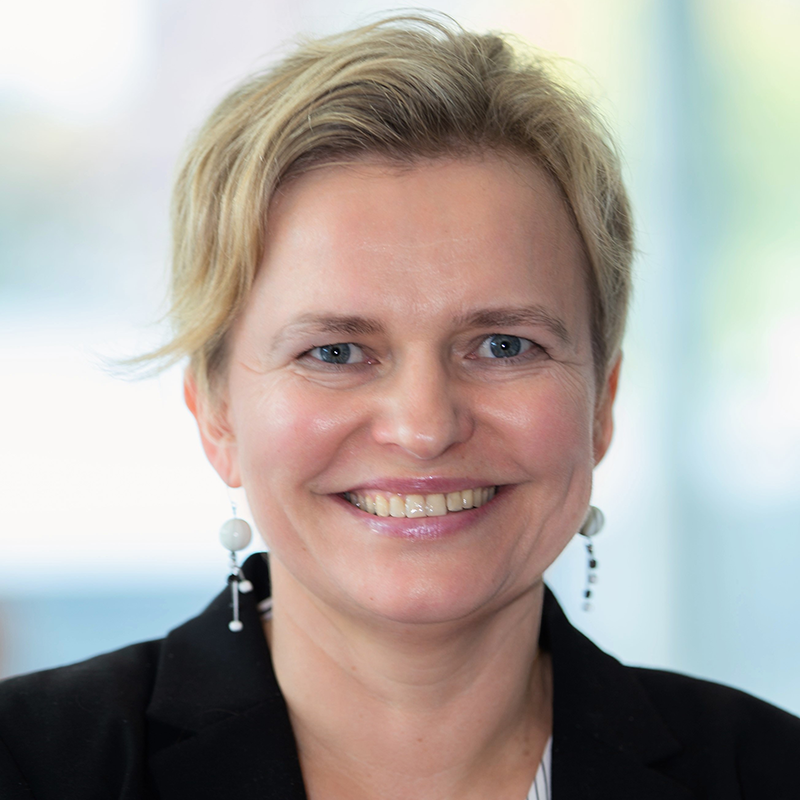
Dorota Napierska, Chemicals Policy & Projects Officer - Health Care Without Harm Europe
Dorota is responsible for HCWH Europe’s work on safer chemicals, which includes improving awareness of the health and environmental risks posed by key chemicals of concern used in healthcare products, identifying priorities for action, and opportunities for substitution. Dorota holds a PhD in Biomedical Sciences, and is a European Registered Toxicologist (ERT). Prior to joining HCWH Europe, she worked as an expert for the European Commission (DG Joint Research Center), and as a researcher at the Department of Public Health at the Katholieke Universiteit Leuven (Belgium).
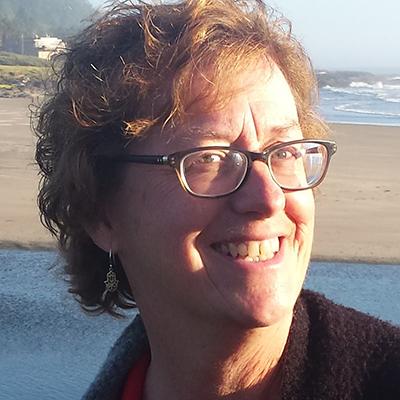
[Moderator] Susan Wilburn, International Sustainability Director - HCWH Global
Within the Global Green and Healthy Hospitals network, Susan coordinates technical areas on waste, chemicals, pharmaceuticals, and procurement. She also manages HCWH’s involvement in several projects with the UNDP and WHO related to these topics. She represents health sector civil society organisations on the Bureau of the International Conference on Chemicals Management. Prior to joining HCWH, Susan served the Department of Public Health, Environmental and Social Determinants of Health at the WHO. She is a nurse and occupational and environmental health specialist.
HCWH Europe gratefully acknowledges the financial support of the European Commission (EC)’s LIFE+ programme, the German Federal Ministry for the Environment, Nature Conservation, and Nuclear Safety (BMU), and the German Environment Agency (UBA), the United Nations Development Programme (UNDP), and the Swedish International Development Cooperation Agency (SIDA) for this event. HCWH Europe is solely responsible for the content of this event and related materials. The views expressed do not reflect the official views of the EC, BMU, UBA, UNDP, or SIDA.
Event Details
Region
Europe
Date
Tuesday, 6 July 2021
Location
Online